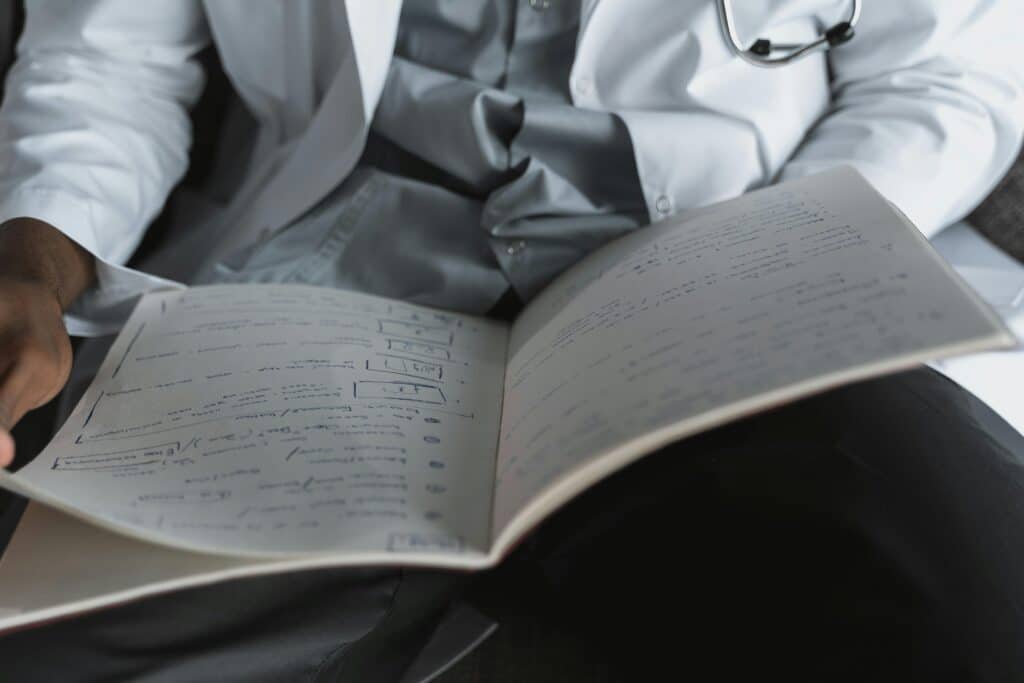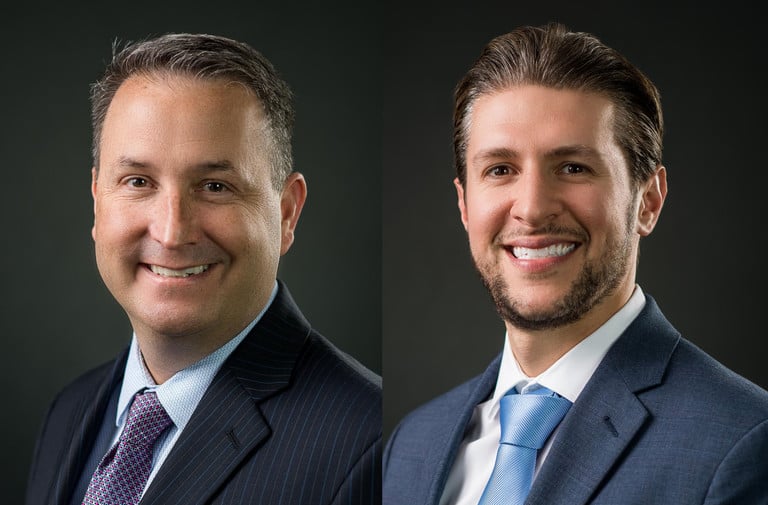
Introduction
Medical malpractice is a critical issue that affects countless patients every year. Understanding the intricacies of medical malpractice laws, especially in New Jersey, is essential for anyone who has suffered due to medical negligence. This guide aims to provide a comprehensive introduction to medical malpractice lawsuits for beginners, offering valuable insights into what constitutes malpractice, the legal process involved, and steps to take if you suspect you’ve been a victim.
What is Medical Malpractice?
Medical malpractice occurs when a healthcare professional deviates from the accepted standard of care, resulting in harm to a patient. Unlike general medical errors, which can be minor and harmless, medical malpractice involves significant mistakes that lead to serious consequences. Common examples of medical malpractice include:
- Misdiagnosis: Incorrectly diagnosing a condition, leading to improper treatment or lack of treatment.
- Surgical Errors: Mistakes made during surgery, such as operating on the wrong body part.
- Medication Mistakes: Prescribing or administering the wrong medication or dosage.
These errors can have devastating effects on a patient’s health and well-being, making it crucial to distinguish between general medical errors and actionable malpractice.
Key Elements of a Medical Malpractice Claim
To establish a medical malpractice claim, several key elements must be proven:
Duty of Care
The first element is the duty of care, which arises from the physician-patient relationship. This means the healthcare provider was obligated to adhere to a standard of care expected in the medical community for physicians with the same credentials and expertise.
Breach of Duty
A breach of duty occurs when the medical professional’s actions or inactions fall below this standard. This can be through negligence, omission, or direct action that a competent provider would not have taken.
Causation
Causation involves connecting the breach of duty directly to the injury suffered by the patient. It must be shown that the breach was a direct cause of harm.
Damages
Finally, damages refer to the harm that the patient endured, which can be physical, emotional, or financial. These damages are the basis for the compensation sought in a lawsuit.
New Jersey Medical Malpractice Laws
Understanding New Jersey’s specific statutes and regulations governing medical malpractice claims is crucial for effectively pursuing a lawsuit. These laws outline the standards for proving negligence, the time limits for filing a claim, and the types of damages that can be recovered. Familiarity with these legal requirements ensures that victims of medical malpractice can navigate the legal system efficiently and maximize their chances of obtaining fair compensation for their injuries.
Statute of Limitations
In New Jersey, the statute of limitations for filing a medical malpractice claim is generally two years from the date the patient knew or should have known about the injury. It’s essential to act within this timeframe to preserve your right to sue.
Expert Testimony and Affidavits of Merit
New Jersey law requires as a pre-requisite to pursuing a case in court an Affidavit Of Merit from a qualified medical expert, stating that there is a reasonable probability that the healthcare provider’s conduct fell outside acceptable professional standards. This affidavit must be filed within 60 days of the defendant’s response to the lawsuit.
Steps to Take if You Suspect Medical Malpractice
If you believe you are a victim of medical malpractice, take the following steps:
- Document Your Medical Treatment: Keep detailed records of all treatments, communications with healthcare providers, and any issues encountered.
- Seek a Second Opinion: Consult another medical professional to confirm whether malpractice occurred.
- Consult with a New Jersey Medical Malpractice Attorney: An experienced lawyer can evaluate your case and guide you through the legal process.
- Act Promptly: Due to the statute of limitations, it’s essential to initiate your claim as soon as possible. If the medical malpractice resulted from medical treatment by a doctor affiliated with or employed by the state of New Jersey or any other public entity, or by a doctor working at a hospital owned and operated by the state of New Jersey or any public entity, the New Jersey Tort Claims Act requires that formal notice must be served 90 days from the date of malpractice or within 90 days when the malpractice is first discovered. If this limited time frame is not met, a motion seeking permission to file a late notice must be obtained from the Superior Court of New Jersey within one year of the date of the malpractice.
The Legal Process of a Medical Malpractice Lawsuit
Initial Consultation and Case Evaluation
The process begins with an initial consultation with a lawyer who will evaluate the merits of your case. This involves reviewing medical records, consulting with medical experts, understanding the circumstances, and determining if the elements of a malpractice claim are present.
Filing the Complaint and Serving the Defendant
Once the case is deemed viable, your lawyer will file a complaint and serve it to the defendant, officially starting the lawsuit.
Discovery Phase
During discovery, both parties gather evidence, including medical records, testimonies from the parties in the case, and expert testimony. This phase is crucial for building a strong case.
Settlement Negotiations vs. Going to Trial
Many cases are settled out of court. However, if a fair settlement cannot be reached, the case will proceed to trial. During the trial, both sides present their evidence and arguments, and a jury determines the outcome.
It’s essential to consult with an experienced New Jersey medical malpractice attorney to understand the potential value of a specific claim. The attorney can provide a more precise estimate based on the case details and guide the injured party through the legal process to ensure fair compensation.
Potential Outcomes
The potential outcomes of a medical malpractice lawsuit include a verdict in favor of the plaintiff (patient), resulting in compensation, or a verdict in favor of the defendant (healthcare provider), dismissing the claim.
Compensation in Medical Malpractice Cases
In medical malpractice cases, compensation is designed to help victims recover from the damages they have suffered due to negligent medical care. The goal is to restore the victim to the position they would have been in if the malpractice had not occurred. Compensation can be categorized into several key areas:
- Medical Expenses: Victims are entitled to recover the costs of medical treatment related to the malpractice. This includes past, present, and future medical expenses such as hospital bills, surgeries, medication, rehabilitation, and any necessary medical devices. Ensuring you receive adequate compensation for these costs is essential for your ongoing care and recovery.
- Lost Wages: If the malpractice has caused you to miss work, you may be compensated for lost income. This can include wages lost during recovery and any future loss of earning capacity if the injury affects your ability to work long-term. This compensation aims to alleviate the financial burden on you and your family due to lost employment opportunities.
- Pain and Suffering: Medical malpractice can cause significant physical pain and emotional distress. Compensation for pain and suffering addresses the physical and mental anguish you have endured. This is often calculated based on the severity and duration of your suffering and its impact on your quality of life.
- Loss of Enjoyment of Life: In some cases, malpractice can lead to a loss of enjoyment of life. This refers to the diminished ability to enjoy everyday activities and hobbies that were once a source of pleasure. Compensation for this loss aims to acknowledge and address the profound impact on your lifestyle and well-being.
- Permanent Disability or Disfigurement: If the malpractice results in a permanent disability or disfigurement, you may be entitled to additional compensation. This can cover the costs of long-term care, modifications to your home or vehicle, and any other expenses related to adapting to your new circumstances. It also acknowledges the significant impact on your physical and emotional health.
- Punitive Damages: In cases where the medical professional’s conduct was particularly egregious or reckless, punitive damages may be awarded. These are intended to punish the wrongdoer and deter similar behavior in the future. Although less common, punitive damages can significantly increase the total compensation you receive.
- Loss of Consortium: If the malpractice affects your relationship with your spouse or family, compensation for loss of consortium may be awarded. This covers the loss of companionship, affection, and support that you and your loved ones have suffered due to the injury.
Punitive Damages
In cases of gross negligence or intentional harm, punitive damages may be awarded to punish the healthcare provider and deter similar conduct.
Factors Influencing Compensation
The amount of compensation awarded depends on several factors, including the severity of the injury, the impact on the patient’s life, and the degree of negligence involved.
Conclusion
Medical malpractice can have profound and lasting effects on patients and their families. Understanding the basics of medical malpractice lawsuits in New Jersey, from identifying malpractice to navigating the complex legal process, empowers patients to seek justice and compensation. Knowledge of these fundamentals helps patients recognize the signs of malpractice, understand the legal criteria for proving a claim, and be aware of the deadlines and procedural steps involved. By being informed and proactive, patients can better protect their health and legal rights, ensuring they take the necessary steps to hold negligent healthcare providers accountable and secure the compensation they deserve.

File for Personal Injury Benefits With Kotlar, Hernandez & Cohen – New Jersey Personal Injury Lawyers
Kotlar, Hernandez & Cohen – The People First Lawyers have been helping injured workers with their New Jersey personal injury claims since 1995. We work tirelessly for our clients to ensure you receive medical care, financial compensation, and justice, regardless of an adjuster or insurance carrier’s claim denials. With four Board Certified Workers’ Compensation Law attorneys on our team, we are well-equipped to handle your personal injury, workers’ compensation, or illness claim.
If you’re thinking about filing a personal injury claim or if you’re experiencing physical pain in any way, contact our law firm to schedule a free consultation or call us 24/7 at (856) 751-7676.

José W. Hernandez, Attorney
José is an attorney at Kotlar, Hernandez & Cohen and is certified by the Supreme Court of New Jersey as a Civil Trial Attorney. He has recently been selected as a Super Lawyer for 2024. His persistent and diligent efforts have helped him to recover significant benefits for his clients.





